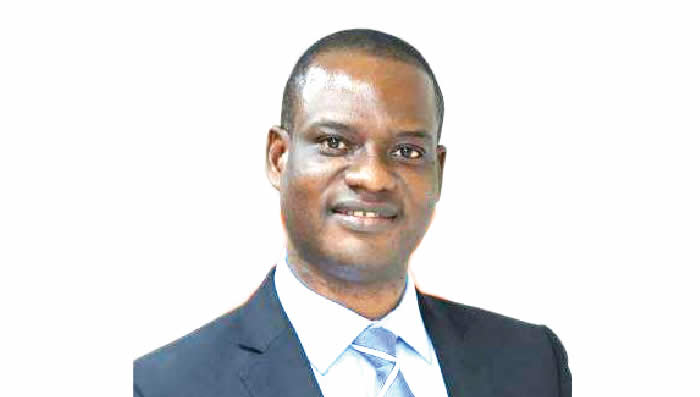FG can retain VAT as it is – Oyedele
Taiwo Oyedele, Chairman of the Presidential Committee on Fiscal Policy and Tax Reforms, has stated that considering the controversy surrounding the current Value Added Tax structure, it is possible to keep it as is.
Oyedele stated this on Sunday during a live television interview on Arise TV to discuss President Bola Tinubu’s planned tax reforms.
Tinubu proposed four tax reform bills to the National Assembly in October 2024, with the goal of overhauling Nigeria’s tax structure. The Nigeria Tax Bill 2024, the Tax Administration Bill, the Nigeria Revenue Service Establishment Bill, and the Joint Revenue Board Establishment Bill aimed to unify existing tax legislation, streamline tax administration, and increase revenue generation.
The proposed legislation has encountered strong opposition from many stakeholders in the country, with some claiming that it would benefit one segment of Nigeria at the expense of another. One of the most contentious issues was proposed VAT reforms.
Speaking on Sunday, Oyedele stated that his committee’s proposed Value Added Tax will benefit the entire country.
He did, however, mention that if the choice was for the existing status, his team was happy to comply.
“The president made two comments. His first point is that we need to implement tax reforms. We cannot continue to rely on colonial laws in the hopes of seeing Nigeria flourish. The tax system is holding us back. After a few more questions, someone asked him again if he was willing to move and make a compromise, to which he replied, ‘Yes’. So his point is that we need to implement tax reform.
“That is non-negotiable; otherwise, we would miss out on an important opportunity to propel Nigeria ahead. However, everything about those bills is open to interpretation. I can assure you that if they want us to preserve the current VAT formula, we will do so. So I need to understand why people keep leveraging the problem we’re trying to solve against us.
“We are announcing today that Lagos State will benefit from calls made in Kano, Kwara, and Ekiti. We say let’s alter it. And then you come out and say they want to bring what we’re doing in Kano to Lagos,” he explained.
The chairman of the tax reforms committee, tracing the history of the VAT in Nigeria, stated, “It appears to me that the more we explain it, the more people try not to understand because many people don’t even understand the current position of the law.”
“Let me simply explain the problem: the military imposed a value-added tax in 1993. Implementation began in 1994 to replace the sales tax levied by states.
Oyedele noted that when Nigeria entered the Fourth Republic in 1999, it need a constitution.
“The people who draughted the Constitution mostly reproduced the 1979 version. In 1979, there was no VAT. So, when the constitution was adopted in 1999, VAT was not included, but the government continued to collect it. Some states, such as Rivers State and Lagos State, are in court arguing that VAT should be collected by the state because they believe they are not receiving enough for their contributions to the VAT pot, and that collecting it as a state tax will benefit them.
“That is the equivalent of 100% derivation. For us, as we work on the tax reforms. We stated that if states begin collecting VAT in Nigeria, it will be catastrophic for businesses because we know that governments in Nigeria will not respect input-output.
“So we asked, how can we make everyone at least comfortable while also addressing inequity? What did we discover? Companies currently remit their VAT from their headquarters because that is where their finance department is located. So the majority of the banks, including MTN, BUA, Dangote, and Airtel, are headquartered in Lagos. “Some oil companies are headquartered in Rivers State,” he said.
Oyedele stated that tax reforms were necessary because the Nigerian constitution did not include a VAT.
He went on to say that if the tax reform proposals were pulled from the National Assembly, it would be difficult to represent them because he worried consultations would be stalled.




